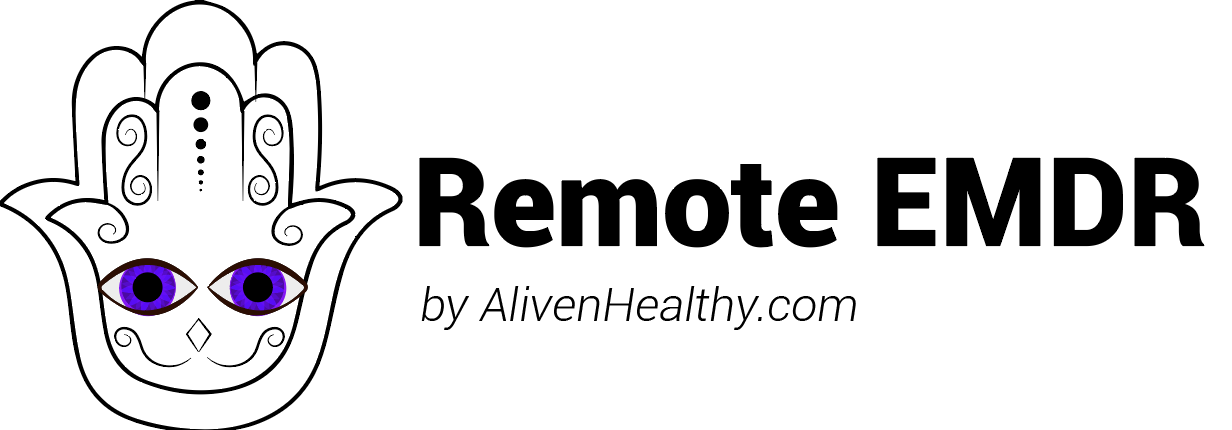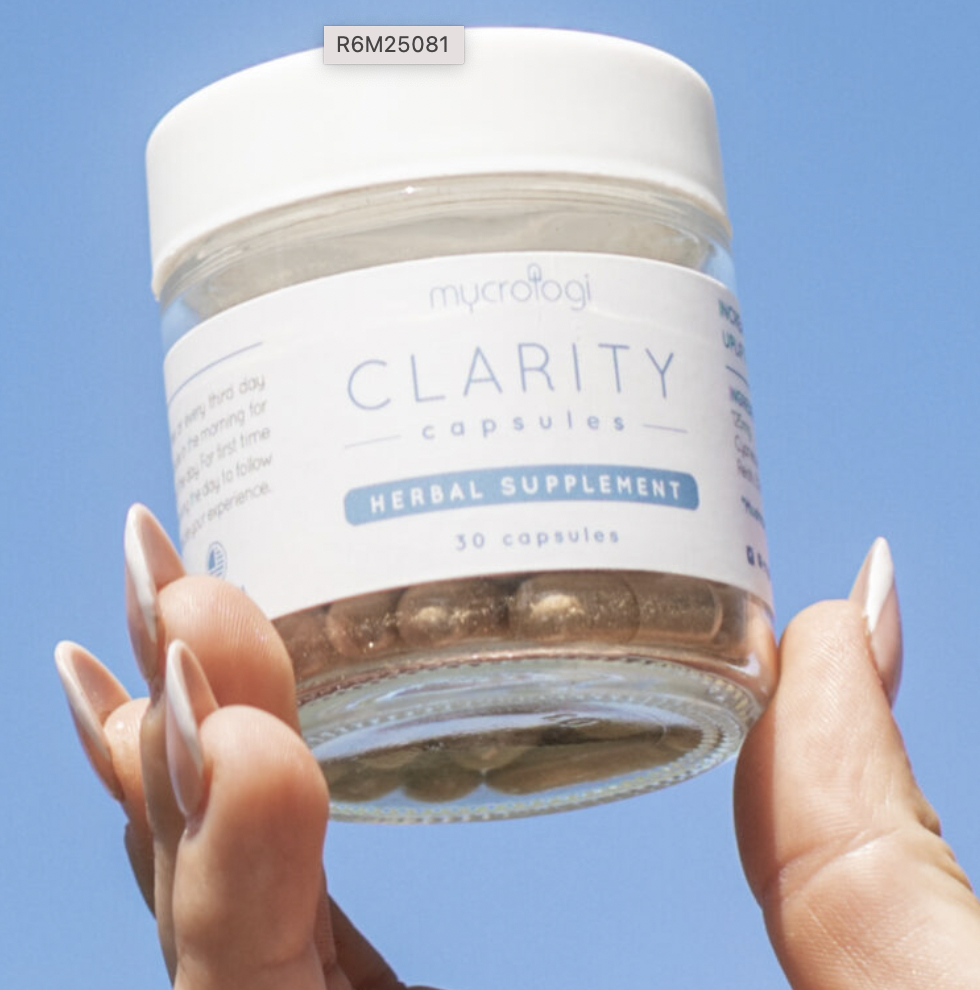Agmatine for Anxiety
Agmatine is a polyamine that is produced naturally in the human body. It has been identified in the human brain and in other organs of the body as well. Some scientists consider agmatine to be a neurotransmitter which demonstrates its importance in terms of brain health and function.Agmatine functions in many of the areas of the brain where the regulation of anxiety takes place. Studies have shown that agmatine may be present in lower-than-normal levels in patients with anxiety and anxiety-related disorders and many scientists have speculated that agmatine plays a role in modulating anxiety levels.
Agmatine: Reduce Anxiety Due to Chronic Stress
Agmatine has been studied in terms of its effects on various types and causes of anxiety. As a neuromodulating substance that helps the brain produce new synaptic connections to enhance brain plasticity, agmatine has been used as a natural treatment for PTSD, depression, as well as other anxiety-related disorders. Chronic stress can cause depression, anxiety, as well as a deterioration in cognitive performance. Agmatine supplementation seems to be able to reduce the negative cognitive and mood effects of chronic stress.It seems that agmatine works to counteract the negative effects of stress on mood via the nitric oxide pathway. Mice that are subjected to chronic, unpredictable mild stress reliably develop behaviors indicative of depression and anxiety. Their corticosterone levels rise and their Brain Derived Neurotrophic Factor (BDNF) levels go down. Agmatine administration reduced levels of acetylcholinesterase while also lowering oxidative stress in the brain. BDNF levels increased significantly with agmatine supplementation and serum corticosterone levels diminished to normal levels. These effects seem to occur through the nitrergic pathway in the brain.
Agmatine for Anxiety: Natural Anti-anxiety Supplement
Agmatine has been shown to reduce anxiety due to a variety of causes. Agmatine can reduce anxiety caused by nicotine use as well as anxiety due to alcohol use. As such agmatine is both a natural treatment for nicotine withdrawal as well as a natural treatment for alcohol withdrawal.
In animal models of anorexia, agmatine was used to reduce hyperactivity and weight loss. As a general rule, agmatine reduces compulsions.
Agmatine and Anger or Irritability
Anecdotal reports suggest that some people may experience anger or irritability while taking agmatine. This might be due to the creation of new synaptic connections in the brain that uncover traumatic events. These traumatic events may not be fully conscious and instead express themselves in odd ways like intrusive thoughts, flashes of memories, defensiveness, or even idealization of situations that were decidedly less than ideal. It’s possible that a person taking agmatine who becomes angry or irritable might be able to quell that anger or irritability by working with Eye Movement Desensitization and Reprocessing (EMDR) therapy. EMDR is a very simple type of non-talk, deep psychotherapy that can be done online or in-person with a therapist. If you develop anger or irritability, you may need to work directly with a therapist who is familiar with EMDR as a complex trauma treatment, but many patients are able to use EMDR online at home.
Click here to do a free trial of EMDR online.
Click here to learn more about agmatine and agmatine dosing.
Note that starting with smaller doses may be able to mitigate the problem of anger or irritability due to agmatine. In lower doses (below about 1000 mg), agmatine restricts access to negative, traumatic contextual or auditory memories involving fear. These low doses can be useful in the beginning stages of treatment to give the brain time to create new pathways that will eventually be able to be used to resolve trauma. At higher doses (up to 3500 mg per day), agmatine increases access to traumatic memories. This can cause “flooding” of negative memories which can cause anger and irritability. While flooding can be useful if a person is ready for it, it can also cause anger and irritability. So start with a low dose or, if you’re experiencing anger or irritability, lower your dose and see if that helps. If you feel like anger or irritability might be a problem for you, slowly increase the agmatine dose over time to prevent this problem.
Click here to subscribe to the Living Database!
NOTE: Agmatine is said to promote neural plasticity that is similar to the neural plasticity enhancement caused by psilocybin therapy for anxiety and stress. If you are interested in agmatine as a nutritional supplement for anxiety, also consider psilocybin microdosing at home to reduce anxiety, but also gain insight into the root of your stress. Though agmatine and psilocybin can be taken at the same time, if you work with psilocybin macrodosing doing full trips, agmatine can sometimes reduce the intensity of the psilocybin experience. This is not always true, but it should be noted for those who wish to have a powerful psilocybin experience with the intention to overcome anxiety. Click here to buy psilocybin online.

Click here to buy psilocybin online.
Resources:

 Agmatine is a natural antianxiety supplement that can repair damages to the brain caused by chronic or extreme forms of stress.
Agmatine is a natural antianxiety supplement that can repair damages to the brain caused by chronic or extreme forms of stress. Click here to buy Agmatine.
Click here to buy Agmatine.





























